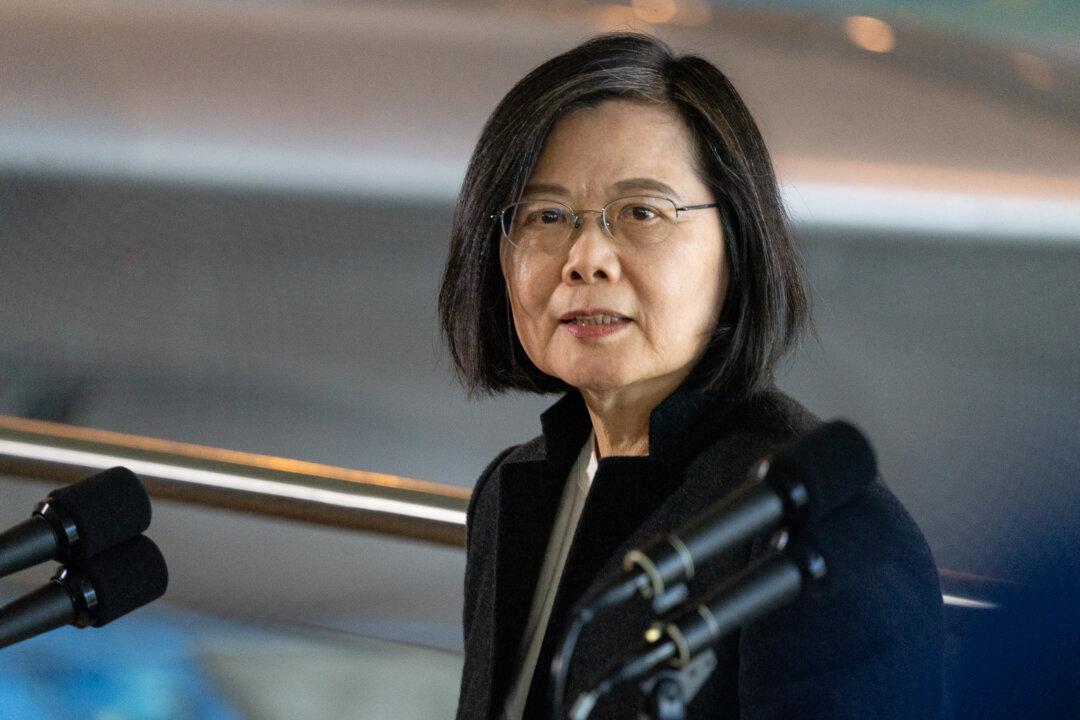NEW DELHI—Exports from Taiwan to India surged during the first half of 2023, the country’s Ministry of Finance said last week, although overall exports declined significantly. Taiwan’s exports to India rose 12.4 percent, although its exports declined by almost 20 percent overall.
The economic report followed Taiwan’s announcement on July 8 that it will open a new representative office in Mumbai, the Indian financial capital.





